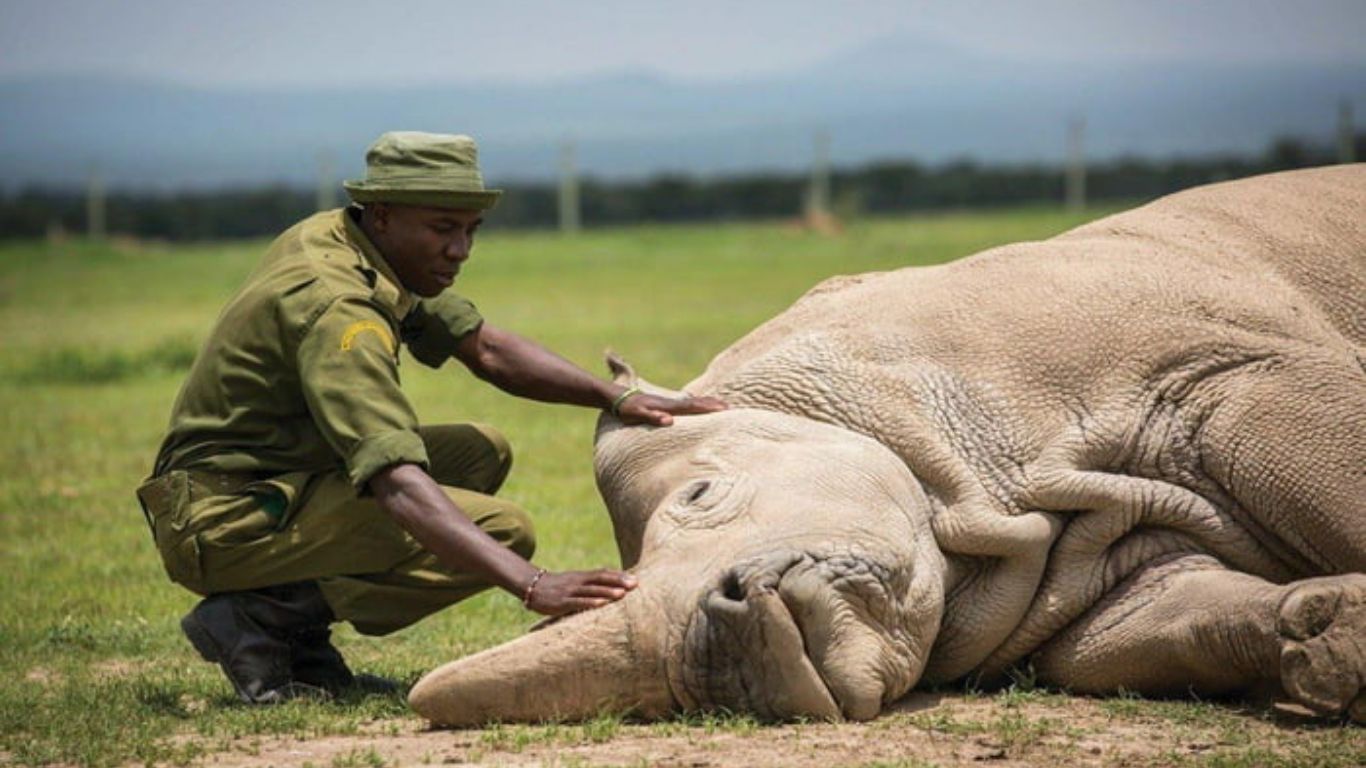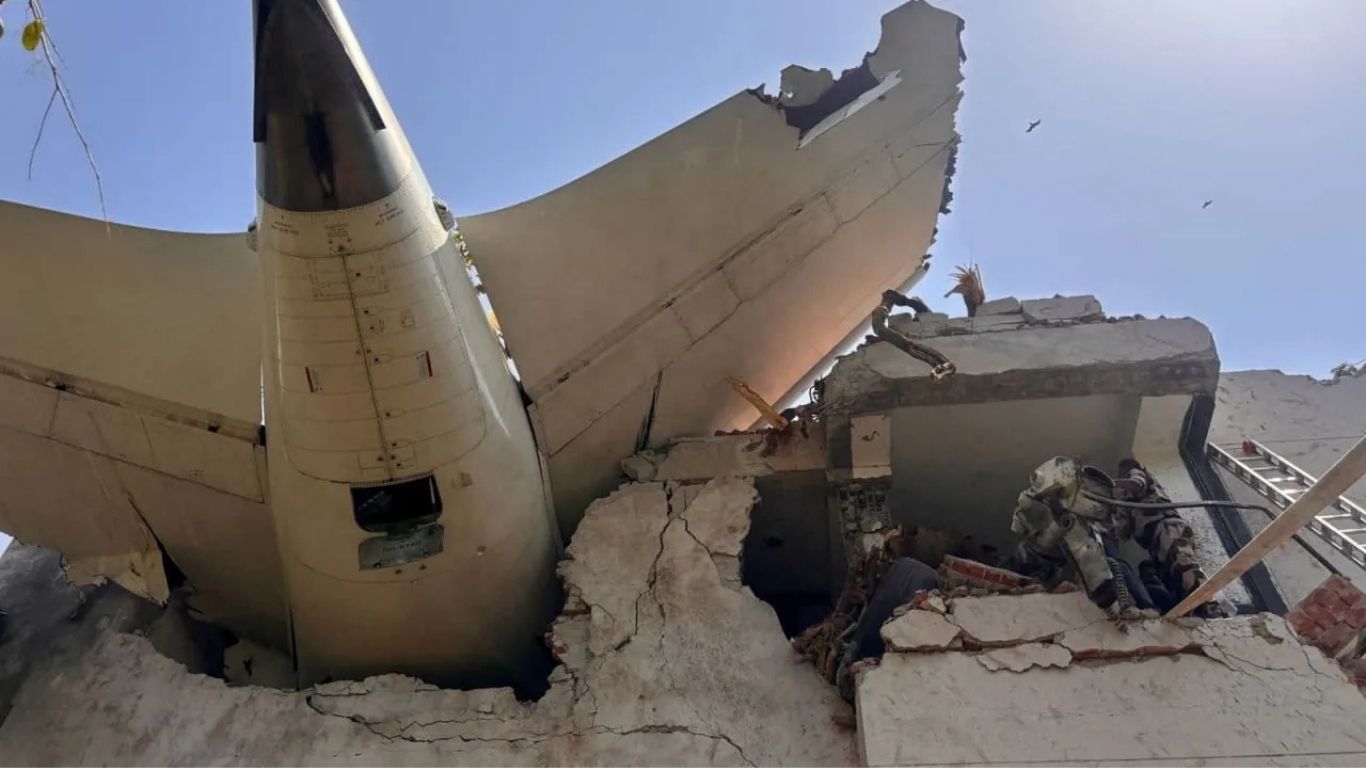Innocent James grew up completing his schoolwork under the dim light of a kerosene lamp. Living in a part of northern Tanzania without electricity, his family had no choice but to spend money on costly fuel to help him study at night. Now at 33, James has created a solution to this challenge faced by many rural families in Tanzania, where sunset is consistently at 7 p.m. His company, Soma Bags, provides backpacks with solar panels that charge reading lights, allowing children to read after dark without needing kerosene.
What began as a small project using discarded cement bags, a sewing machine, and a solar panel has grown into a thriving business. Last year, Soma Bags—Swahili for “reading bags”—sold” 36,000 solar-powered backpacks across Africa, offering an affordable and reliable source of light for households without electricity.
Affordable Light for Rural Communities
Raised by his mother and grandmother, both teachers, James developed a love for books. While attending university in Mwanza, he noticed children skipping school to beg for money, often spent in video game cafés. This sparked his desire to help them discover the joy of learning he experienced as a child. Frustrated by the scope of the problem, James left university in his final year and invested his remaining tuition money in a mobile library cart, attracting kids to his reading clubs.
However, many children returned books unread because their homes lacked adequate lighting. In mainland Tanzania, less than half of households have electricity, and in rural areas, the rate is even lower. Families rely on kerosene lamps, which are dim, expensive, and pose health and safety risks. Parents often opt to send children to bed rather than use costly kerosene to read.
James’ solution—solar panels sewn onto backpacks—was inspired by a professor who used a solar charger stitched into a fabric pouch. Starting in 2016, James handmade 80 solar-powered backpacks a month. The panels charge while children walk to and from school, providing enough energy to power a reading light for six to eight hours. One day of sunlight can enable several nights of reading, even during cloudy periods. The bags, costing between $4 and $8, are cheaper in the long run than using kerosene lamps.
Growing the Business
James officially launched Soma Bags in 2019 and opened a factory in Mwanza in 2020, now employing 65 people. The bags, made from recycled cement sacks, are lightweight, durable, and zero-waste. Each bag features a giraffe design in bright yellow or green stripes, blending practicality with style. The United Nations Development Programme (UNDP) has supported Soma Bags since 2023, recognizing its innovative use of recycled materials.
While most customers are rural families and schools, Soma Bags is expanding. Over 200 charities have purchased the bags to distribute to children in need, and the company’s reach now includes urban areas. Larger backpacks feature advanced charging systems for phones and other devices, while Soma has also diversified into travel and sports bags. International buyers include organizations from Nigeria, Rwanda, and Madagascar, as well as fashion brands in Europe and Kenya.
A Bright Future
With 600 million people in Africa lacking electricity, the demand for solar-powered solutions is growing. Similar initiatives, like Smart Girls Uganda’s solar bags, highlight the importance of affordable light in empowering education and breaking poverty cycles.
Soma Bags has received recognition from institutions such as the UNDP and the British government. “Young people in Tanzania are taking the future into their own hands,” said UNDP’s Joseph Manirakiza. “Innocent is part of this wave, using his skills to make a real difference.”
Despite his busy schedule, James still leads reading groups twice a week using his mobile library cart. Seeing children arrive with Soma bags on their backs fills him with pride. “When I spot a kid with one of our bags, I think, wow,” James said, smiling. “It’s amazing to see the impact we’re making.”




